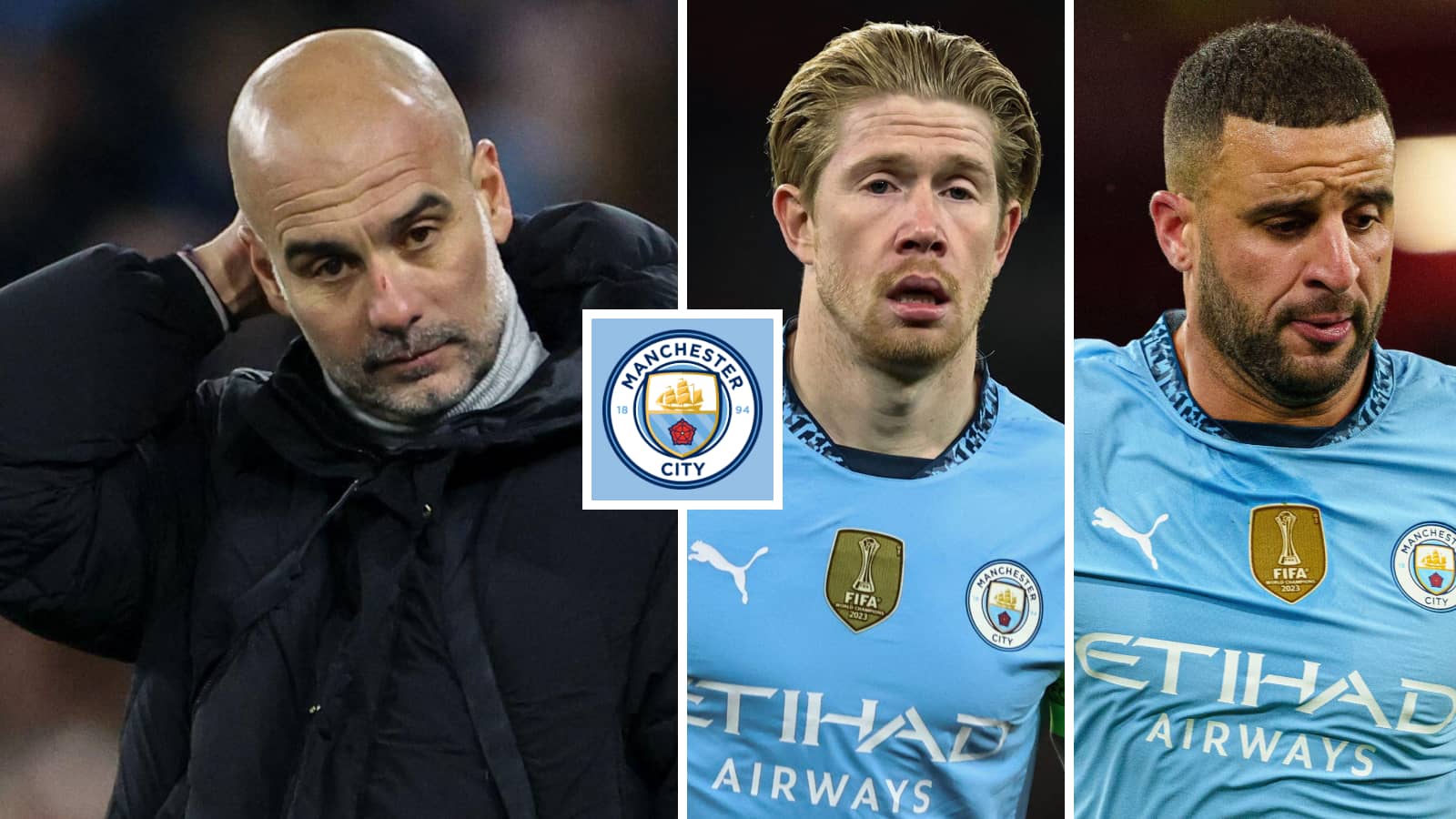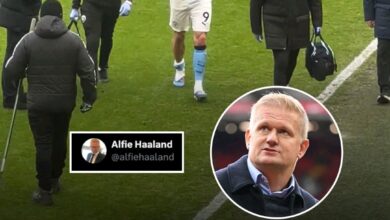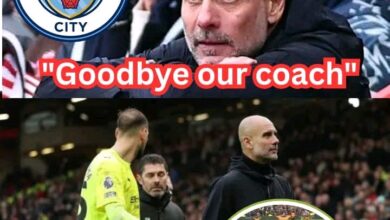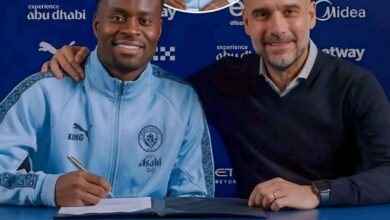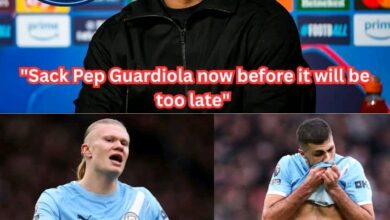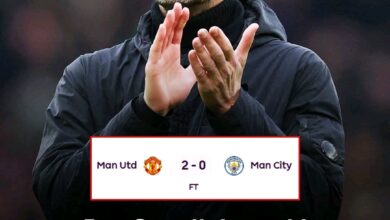Julian Alvarez’s Manchester City Exit: The Inside Story of a Record Transfer
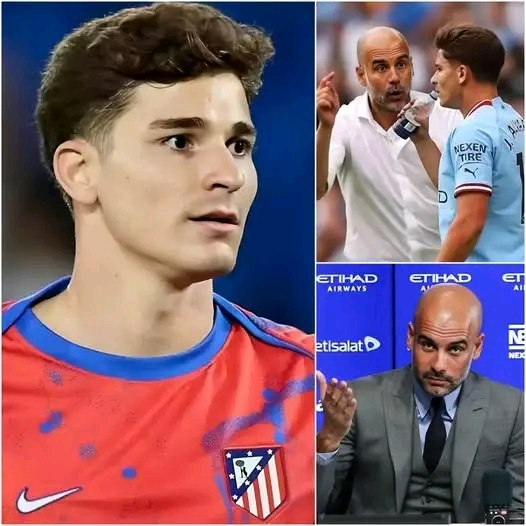
When Julian Alvarez first hinted at a potential departure from Manchester City at the end of July 2024, the football world was caught off guard. Here was a player who had seemingly found his perfect home at the Etihad Stadium—a serial winner at a club that collected trophies with the same methodical precision that Pep Guardiola demanded on the training ground. The Argentine forward had become an integral part of City’s success story, yet beneath the surface, a different narrative was brewing.
The surprise wasn’t just in the timing of his comments, but in the revelation that even the most successful players at the world’s most successful club could feel unfulfilled. Alvarez had played more games than any other City player in the previous season, contributing significantly to their domestic and European campaigns. From the outside, it appeared to be the ideal partnership between player and club—a young, versatile forward learning from one of the greatest managers in football history while competing for every major honor available.
However, football, like life, is rarely as straightforward as it appears from the outside. Behind the statistics and trophy celebrations lay a more complex story of ambition, expectation, and the relentless pursuit of something that money and medals couldn’t provide: guaranteed prominence in the biggest moments of the season.
The first clear indication that all was not well in Alvarez’s world came months before his eventual departure, during a revealing interview with MEN Sport in April 2024. His words, while diplomatic, carried undertones that would prove prophetic in hindsight. “I played more this season – the first year I had to be more patient – I’ve played in different positions – as a nine or a 10. But I’m happy to be playing a lot more,” he said, his satisfaction tempered by subtle reservations.
The key phrase in that statement wasn’t the positive acknowledgment of increased playing time, but rather the admission that adaptation could be “a bit confusing changing a lot.” This was a player who, despite his professionalism and willingness to serve the team’s needs, was beginning to question whether the constant positional changes were serving his individual development and career aspirations. Alvarez’s preferred position, he revealed, was as a traditional number nine—a central st




